
AT&T Mobility will pay US$80 million for refunds to consumers who were unlawfully billed for unauthorized third-party charges in a practice known as “mobile cramming,” the Federal Trade Commission announced on Wednesday.
AT&T billed customers for hundreds of millions of dollars in subscription charges — typically in increments of $9.99 per month — levied by other companies for ringtones and text messages containing love tips, horoscopes and assorted “fun facts,” the FTC alleged. Further, AT&T kept at least 35 percent of those fees.
Included in the multi-agency settlement are $20 million in penalties and fees paid to 50 states and the District of Columbia, as well as a $5 million penalty to the Federal Communications Commission.
“I am very pleased that this settlement will put tens of millions of dollars back in the pockets of consumers harmed by AT&T’s cramming of its mobile customers,” said FTC Chairwoman Edith Ramirez. “This case underscores the important fact that basic consumer protections — including that consumers should not be billed for charges they did not authorize — are fully applicable in the mobile environment.”
Consumers who believe they were charged by AT&T without their authorization can visit www.ftc.gov/att to learn more and submit a refund claim.
No More 3rd-Party Billing
“In the past, our wireless customers could purchase services like ringtones from other companies using Premium Short Messaging Services, and we would put those charges on their bills,” AT&T spokesperson Mark Siegel told the E-Commerce Times. “Other wireless carriers did the same.”
Although “rigorous protections” were in place to guard consumers against unauthorized billing from these companies, he said, AT&T discontinued third-party billing for such services last year.
“Today, we reached a broad settlement to resolve claims that some of our wireless customers were billed for charges from third-parties that the customers did not authorize,” Siegel said. “This settlement gives our customers who believe they were wrongfully billed for [these] services the ability to get a refund.”
More Than 1.3 Million Calls
The case — which is the FTC’s seventh mobile cramming case since 2013 and its second against a mobile phone carrier this year — is part of a larger FTC effort to clamp down on mobile cramming.
The commission in July filed a complaint against T-Mobile and issued a staff report on mobile cramming, for example.
In the case of AT&T, the commission’s investigation found that the company had received numerous consumer complaints related to the unauthorized third-party charges.
AT&T received more than 1.3 million calls to its customer service department about the charges in 2011 alone, according to the FTC. In October of that year, however, AT&T changed its refund policy so that customer service representatives could offer to refund only two months’ worth of charges, no matter how long the company had been billing for them. Previously, they had been allowed to refund three months’ worth of charges.
Under the terms of its settlement with the FTC, AT&T must notify all of its current customers who were billed for unauthorized third-party charges of the settlement and the refund program by text message, email, paper bill insert and notification on an online bill.
A Big Moneymaker
“All of us have on occasion clicked on applications and things like that that came with some sort of implicit charging we probably never thought about,” said Michael Jude, a program manager with Frost & Sullivan’s Stratecast division.
“It’s been common on the general Internet for a long time,” he told the E-Commerce Times.
What’s different about the AT&T case, though, is that “the wireless carriers are very much into the notion of application stores as a source of revenue,” Jude noted.
“They provide the store, the management of the store and downloads, and they take care of billing. It’s a big moneymaker for them, and most of the major carriers engage in this sort of thing,” he pointed out.
“It’s a matter of oversight,” Jude added. “What exactly are you selling, and what are the terms and conditions?”
Industry Wake-Up Call
It’s fairly certain that “there’s nothing nefarious here,” Jude opined. “AT&T is just saying, ‘here’s a popular app, we get money for it, this is great.’ Now they’re finding out it’s maybe not so great.”
That is surely why the company agreed to the settlement, he suggested. “They have egg on their face.”
The case is “a wake-up call to industry,” Jude said. “I think there will be increased oversight. It’s going to tighten up the industry, and that will be good for consumers and probably ultimately good for carriers as well.”






















































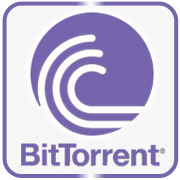
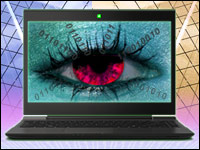
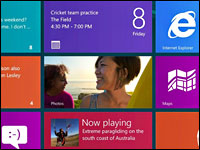


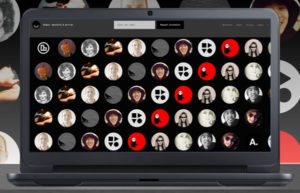


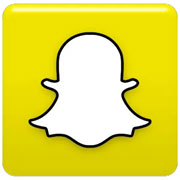
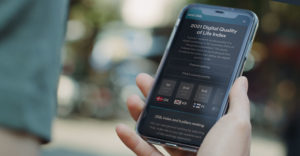
















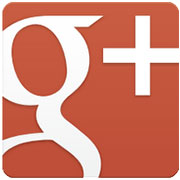
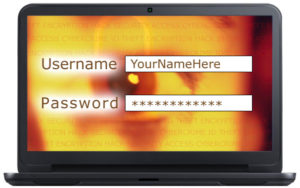









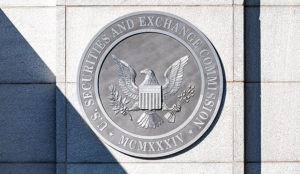


Social Media
See all Social Media